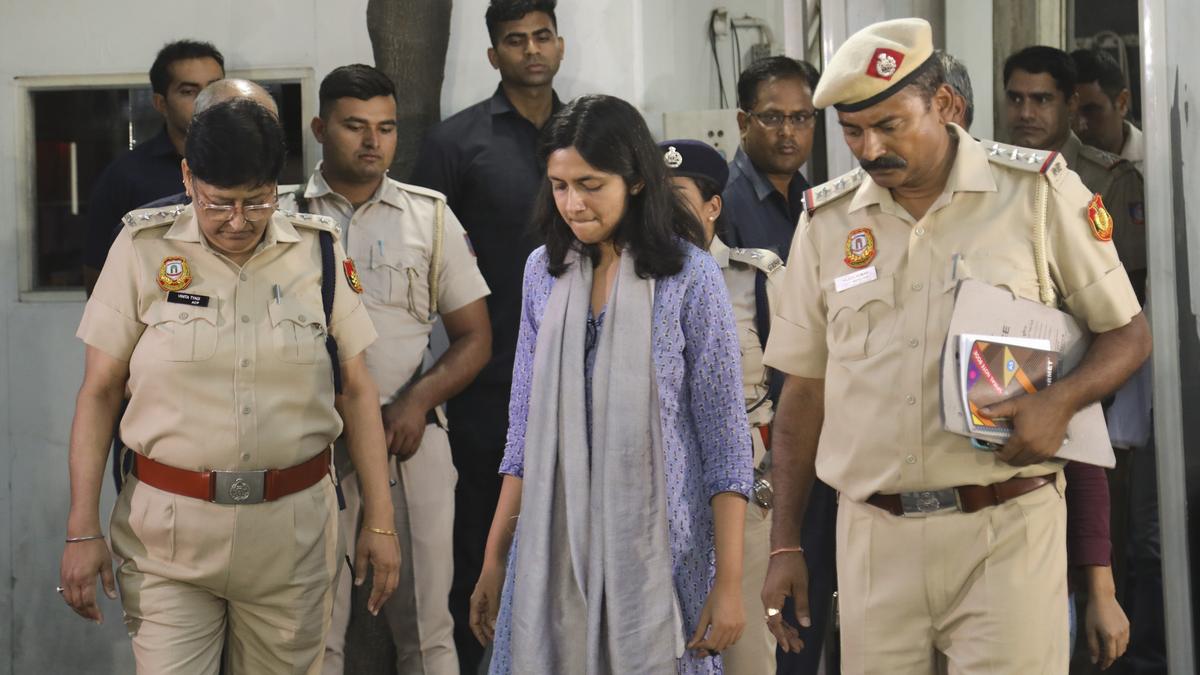The Tamil Nadu Town and Country Planning (TTCP) Act, 1971 does not empower the State government to prevent private land owners from constructing buildings on their immovable properties by declaring them to be under ‘no development zones.’ The government could only acquire such lands if they were required for any public purpose, such as maintaining the catchment area of a lake, the Madras High Court has ruled.
Justices S.S. Sundar and N. Senthilkumar held so while declaring as unconstitutional and illegal the classification of 13,720 hectares of land spread over 27 villages near Red Hills lake as a ‘catchment area’ and therefore a ‘no development zone’ under the second master plan developed for Chennai Metropolitan area in 2008. They said, the government could not compel the landowners to do only agriculture on those lands.
Disposing of a couple of writ petitions, the Bench pointed out that the TTCP Act does not contain any specific provision empowering the government to prohibit development on private lands without acquiring them on payment of compensation. Though the State argued that it could impose such prohibition in exercise of its police power, the Bench said: “The source of power to legislate on town planning, is not a police power.”
The judges also rejected the State’s argument that the prohibition imposed on constructing buildings in no development zones was similar to the prohibition imposed in coastal regulatory zones (CRZ) and near archaeological sites. They said, the object behind the legislations governing CRZ and archaeological sites as well as the source of power for enacting such laws were entirely different from the ones related to town planning.
Though right to property was no more a fundamental right because of the deletion of Article 19(1)(f) from the Constitution, the right guaranteed under Article 300A (no person shall be deprived of his property save by authority of law) had been recognised as a human right too. Therefore, no person could be deprived of such a right, by way of a law or an executive decision, without any application of mind or a scientific basis, the Bench said.
In so far as the present case was concerned, neither the State government nor the Chennai Metropolitan Development Authority (CMDA) had conducted any scientific study before classifying the 13,720 hectares of land as catchment area in 2008. The CMDA had recently filed an additional counter affidavit in the court stating that it was only in 2022 a decision was taken to have a relook at the classification after undertaking a scientific study.
The Centre for Urbanisation, Building and Environment (CUBE) at the Indian Institute of Technology-Madras Research Park was appointed as consultant to study the ‘Impact on Urbanization of Red Hills Catchment Area and Measures for its Conservation and Protection from Urbanization.’ The consultant had filed its interim report in December 2023 and the government was awaiting the final report before reconsidering the classification.
The judges said, the government’s intent to increase the water recharging level of Red Hills lake could be achieved even by constructing stormwater drainage channels or by making rainwater harvesting compulsory in all areas around the lake. The State need not necessarily prohibit development in the places around the lake without any logic or scientific basis, Justice Sundar said while authoring the verdict for the Bench.
“It is true that agricultural operation is most essential and production of food grain is very important for the existence of mankind... When the State has no definite plan or infrastructure to save water that flows to sea during the rains, we are unable to appreciate any wisdom in the decision to classify 13,720 hectares in a partially developed portion of Chennai suburb as catchment area,” the Division Bench concluded.

 2 weeks ago
120
2 weeks ago
120




